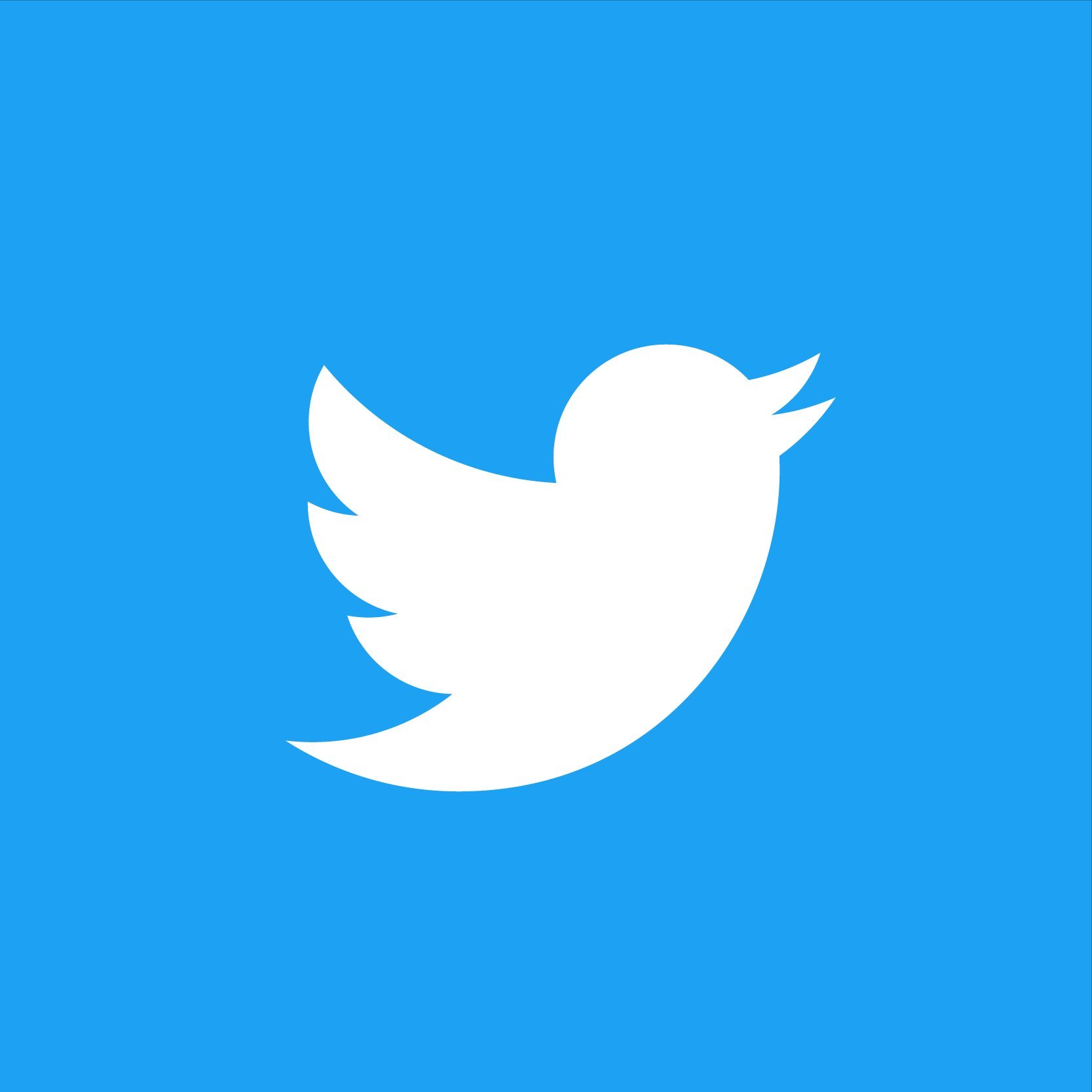APSS - Association of Publishers for Special Sales
Helping Publishers Sell More Books in More Ways
12 Ways Book Selling University Can Help You Sell More Books
Here are 12 reasons why you should attend Book-Selling University, October 24-25 in Philadelphia. There are many more, but this is a good start.
1) Increase your revenue with sales to non-bookstore buyers. Sell more books in a growing marketplace that is larger in size and opportunity than the bookstore market. If you do not seek book sales outside of bookstores than you may be missing half of your potential. Or, to look at it from a different perspective, you could double your sales with additional marketing effort directed to non-bookstore markets.
2) Increase the volume and velocity of your cash flow. In special-sales (non-bookstore) marketing, your customers may place a standing order -- a given number of books to be shipped automatically on some predetermined schedule. See how you can make that happen for your books.
3) Lower your book’s unit cost and increase your profitability. The larger the quantity in which you print, the lower your unit cost, and the lower your unit cost the greater your profitability at the same selling price. In special marketing the quantities are typically larger than you might produce to hold for potential bookstore sales. If you want some books to keep on hand, tack on a quantity to the special print run -- at a much lower price than if that quantity were printed alone. The exhibitors can help you do that.
4) Increase your total sales. You can sell more books to an entirely new market segment simply by using a little creativity. Amy Schoen’s title, Get it Right This Time is about helping single people meet their life-long partner. By thinking beyond the bookstore, Amy found opportunities selling her book to cruise ship lines, to florists and to online dating services for use as a premium to attract new business. You can do the same for your book.
5) Eliminate competition. Your promotional efforts may tell people to go to bookstores or to Amazon.com to buy your book. But when the buyers get there, they see your book among those of all your competitors. On the other hand, when you make a sales call on corporate buyers, government agencies or association directors you have each person’s undivided attention. Most likely, no other author or publisher has tried to contact them.
6) Less discounting means more profits. When you sell to people in special markets, buyers may not have immediate access to competitive pricing. Product or brand managers are looking for a premium to boost the sales of their products, they do not know if yours is priced above or below competitors’ titles. They are only concerned with your book’s potential to increase the sales and profitability of their company’s products.
7) Fewer returns. Although some buy on a returnable basis (discount stores, warehouse clubs, supermarkets and airport stores) most non-retail buyers do not expect to return books. Find new ways you can sell in large, non-returnable quantities.
8) Get more effective and efficient media exposure. If you are selling a book about improving someone’s tennis serve, a review or article in Tennis magazine could more efficiently reach prospective buyers than it would in The New York Times. Pinpoint your promotion to carefully selected target market segments and you could reduce waste in your marketing expenditures. We’ll show you how.
9) More flexible pricing. Once you price your book for bookstores, your distribution partners relatively fix the amount you make. In non-bookstore marketing your profit is variable. When negotiating sales of large quantities of books to corporate buyers the discounts are not fixed and are typically based on the number of books purchased. Even if you negotiate a 50% discount with a buyer, you are 5 – 20% better off than selling that same book through bookstores. There are also non-price variables open to negotiation, such as shipping costs and payment terms.
10) Knowledgeable speakers on a variety of topics. Dan Poynter will kick off the event on Friday morning. Over the next two days you will find out where to find potential buyers, how to contact them, how your cover design can make or break your selling efforts, how to reach niche markets and support distribution with publicity, how to market your book to the academic market, how to use metadata to increase sales, tips for using Linkedin to reach professional buyers and how to sell fiction in special markets. Plus you will have the opportunity to talk directly with exhibitors who can help you as well as ample networking opportunities to make new friends.
11) Learn how Random House sells so many books – and how you can do it, too. John Groton, former Vice President of Special Sales for Random House is the keynote speaker. He will reveal the secrets of the major publishing companies for selling millions of dollars of books to non-bookstore buyers every year.
12) One-on-one meetings with marketing experts to learn how to sell your books – not just books like yours. On Thursday evening (October 23) and during the Book-Selling University you can have one-on-one meetings and learn where and how to sell your books. Get specific tips for selling your books, ideas for finding potential buyers, discount schedules to meet your costs and more. A few months after Book Selling University there will be an open-phone conference call during which you can ask questions that came up as you were implementing everything you learned at the University.
There are many more reasons to join us at the APSS Book-Selling University, October 24-25 in Philadelphia, sponsored by Bowker. For more information and to register, please visit http://tinyurl.com/kxucber or contact Brian Jud at (860) 675-1344 or BrianJud@bookapss.org

You need to be a member of APSS - Association of Publishers for Special Sales to add comments!